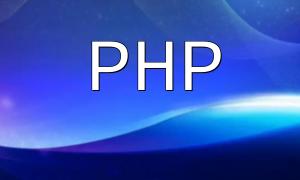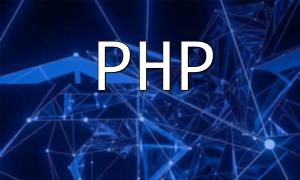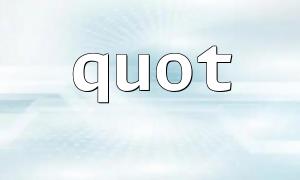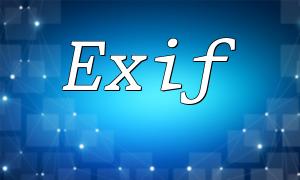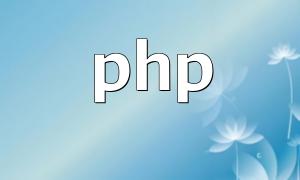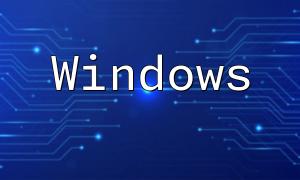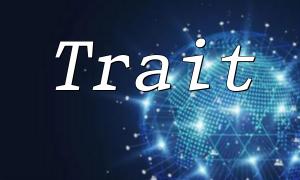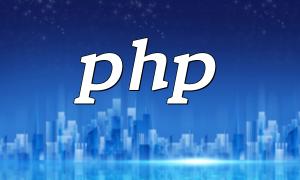When preparing for a PHP interview, it’s important to build a solid foundation. Understanding PHP syntax and core concepts is the first step in demonstrating your development ability. You should know how to work with variables, constants, operators, and control structures, as well as understand the relationship between functions, classes, and objects. Exception handling is also crucial, as it shows your ability to write stable and reliable code.
Interviewers often focus on backend logic and data interaction. Understanding the HTTP protocol, RESTful API design, and common database systems such as MySQL or PostgreSQL is essential. Knowledge of ORM frameworks, form validation, and session management is also frequently tested.
Although PHP is a backend language, having basic frontend skills helps with teamwork and integration. Familiarity with HTML, CSS, and JavaScript, along with PHP template engines like Twig or Blade, can improve project efficiency and maintainability.
Knowing at least one mainstream PHP framework gives you a clear advantage. Interview questions may cover routing, controllers, models, as well as dependency injection, service containers, and database migrations.
Version control, debugging, and performance optimization demonstrate professional coding standards. Use examples from real projects to show your proficiency in these areas.
Beyond technical knowledge, project experience and soft skills matter a lot. Demonstrating how you’ve used design patterns, followed best practices, and solved real-world problems will make you stand out.
A PHP interview is not just about syntax—it’s about how well you understand development processes, frameworks, and collaboration. By mastering the topics above and showcasing your practical experience, you’ll be well-prepared to succeed in any PHP interview.
